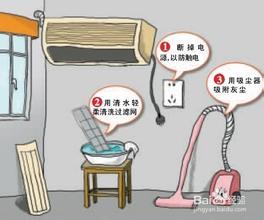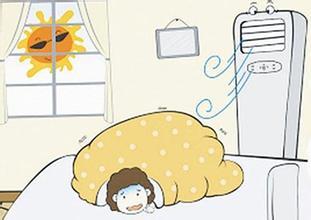The English expression for "how much money" is an essential phrase that is frequently used in various situations. In this article, we will explore and discuss the different ways to ask about the amount of money in English. We will delve into the specific vocabulary, phrases, and idiomatic expressions related to this topic. By the end of this article, you will have a comprehensive understanding of how to inquire about money in English.

When asking about the amount of money, there are several versatile phrases and vocabulary words that can be employed. For instance, the simplest and most direct approach is to use the phrase "how much money." This phrase is universally understood and can be used in both formal and informal situations. Moreover, you can also use "how many dollars" if you specifically want to know the amount in a currency. Another alternative is asking "what is the price" or "what does it cost," which can be used in various contexts, such as inquiring about the price of a product or service.
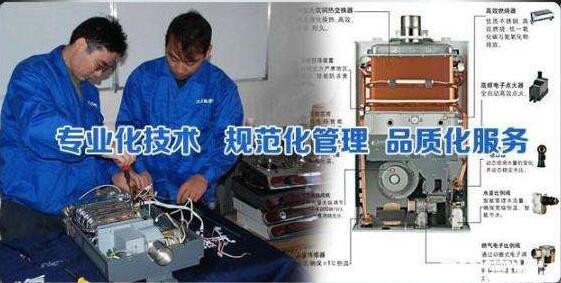
Furthermore, there are other colloquial expressions and idiomatic phrases that can be used to ask about the cost or value of something. One example is "what's the damage," which is typically used in a lighthearted manner when referring to the cost of something. Additionally, "what's the going rate" implies asking about the current market price or the typical amount charged for a particular item or service.
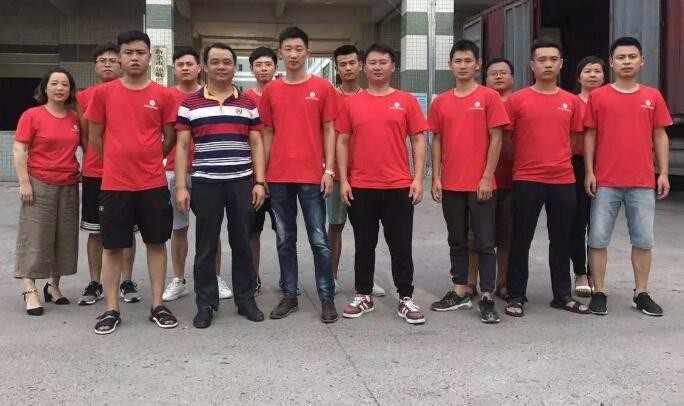
It is important to note that the choice of vocabulary and phrases may vary depending on the specific situation, formality, and context in which the question is asked. Being aware of these various options will enable you to communicate effectively and appropriately when inquiring about money.
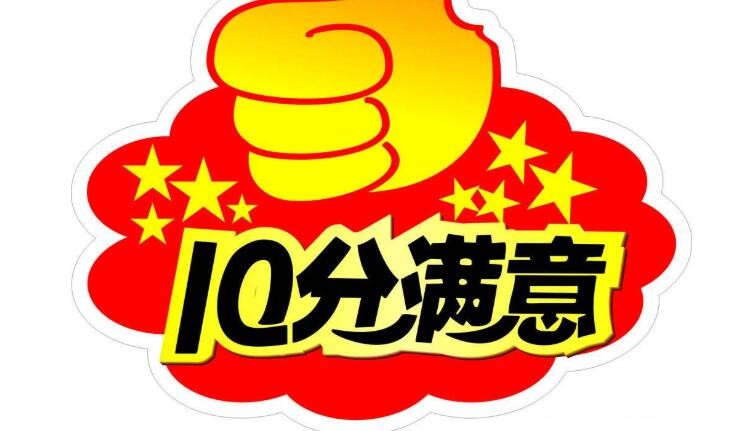
Asking about the amount of money can be adjusted according to the level of formality required in a given situation. In formal contexts, it is advisable to use polite and respectful language. For instance, using phrases such as "May I inquire about the price?" or "Could you please let me know the cost?" demonstrates politeness and professionalism.
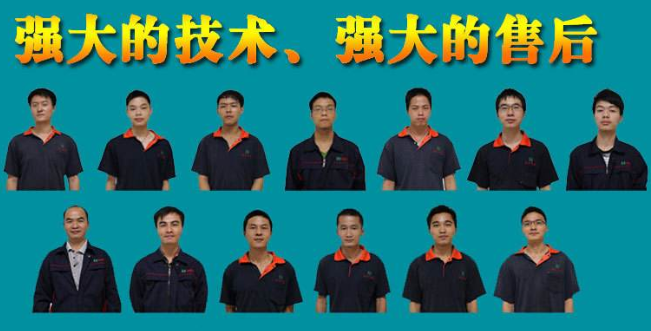
On the other hand, in informal situations or when conversing with friends and acquaintances, a more casual approach can be taken. Questions like "What's it gonna cost me?" or "How much do I owe you?" convey a friendly and relaxed tone, while still effectively communicating the intended meaning.

Understanding the appropriate level of formality is crucial in order to establish rapport and convey the desired message when discussing money matters.

As with any language, English expressions related to money can be influenced by cultural aspects. It is important to be aware of the cultural nuances associated with asking about money in specific English-speaking countries or regions.
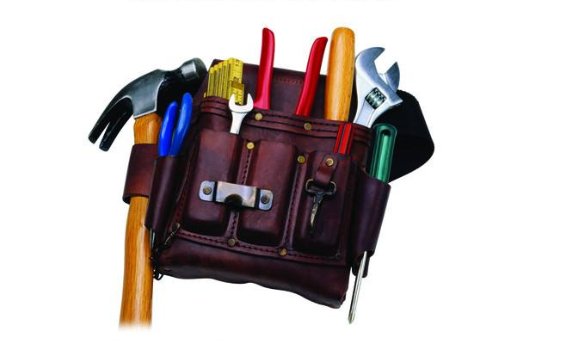
For example, in some cultures, discussing money is considered somewhat taboo or impolite. In these instances, it may be more appropriate to phrase the question indirectly, such as asking about the "price range" or the "cost estimate." It is always advisable to be sensitive to cultural differences and adapt your language accordingly.

Additionally, different regions may have their own idiomatic expressions related to money, such as "what's the damage" mentioned earlier. These idioms may not be universally understood, so it is essential to be familiar with the idiomatic expressions commonly used in a specific region or country.

In conclusion, there are numerous ways to ask about the amount of money in English, ranging from the straightforward "how much money" to more nuanced expressions and idiomatic phrases. The choice of vocabulary, phrasing, and level of formality can vary based on the context and cultural considerations. By utilizing the appropriate expressions and being aware of cultural nuances, you can effectively communicate and inquire about money in English.
标题:多少钱的英语表达方式(What's the English expression for 'how much money
地址:http://www.hmhjcl.com/fwal/127723.html


